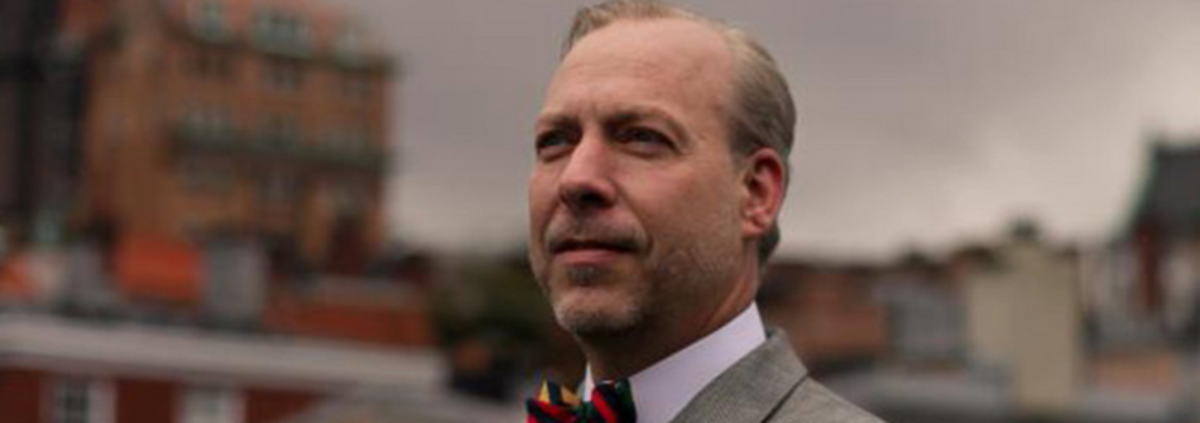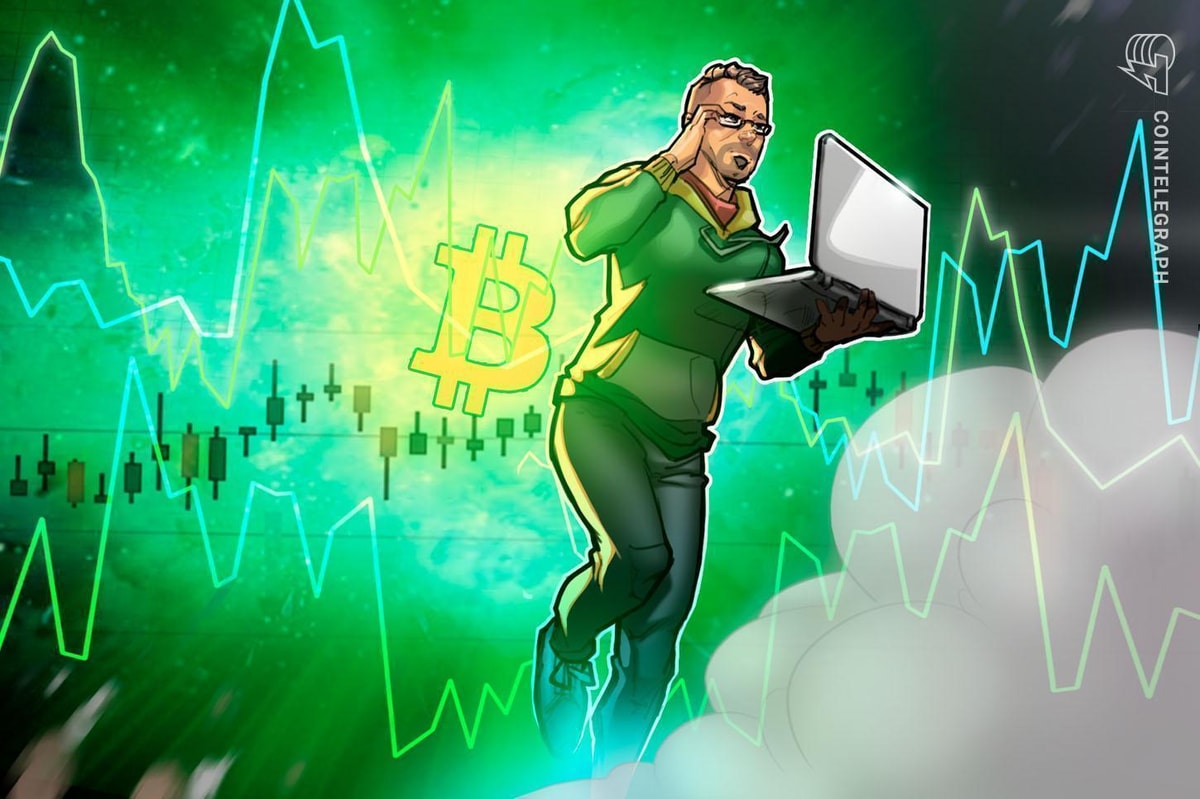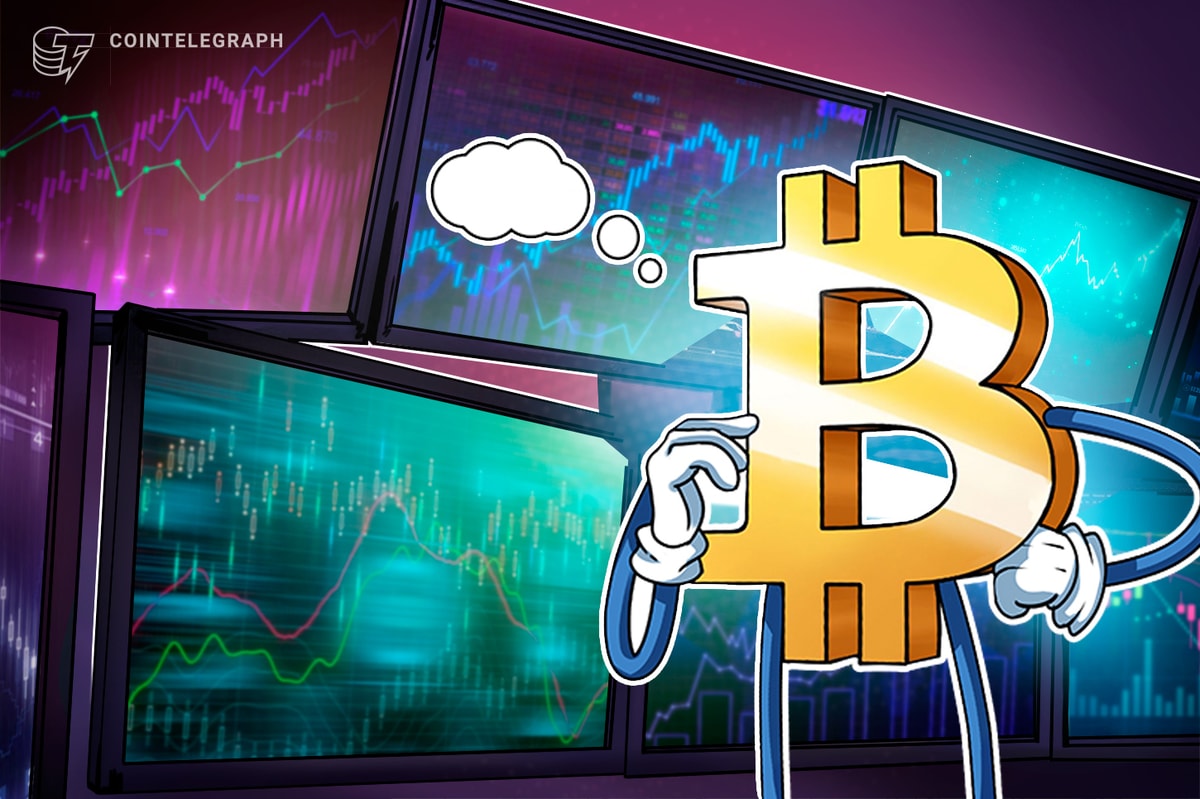
This is a guest post by Andrew Criscione who co-organizes the Mises Group in Boston, Ma. He hosted Jeffrey Tucker for a dinner with the Mises Group members and shared the experience.
The Boston Austrian Economics Group held the event “Bitcoin and Bowties” featuring Jeffrey Tucker, CEO of Liberty.me and publisher of Laissez Faire Books. Tucker is an influential Austrian economist, author, and former editor for the foremost repository of Austrian thought, Mises.org. Austrian economics is a school that holds much weight in the libertarian and crypto-anarchist circles so intertwined with bitcoin cliques, and like all schools of economics it has recently faced the challenge of consistently incorporating bitcoin into its theory.
Jeff talked in-depth about advanced Austrian postulates, and he addressed head-on the extremely negative stances that many self-proclaimed Austrians have taken on bitcoin using Austrian economics as their basis. Pop Austrian economics was the subject of much criticism, with special attention paid to claims that Austrian economics requires money be a physical commodity, and especially the fallacy that money must have “intrinsic value”.
Tucker didn’t challenge the foundations of Austrian economics, but he ended the evening with a call for Austrians to revisit some of their preconceptions. If Satoshi Nakamoto had studied pop Austrian economics, Tucker added in a more-controversial quip, he may never have even invented bitcoin. A common misinterpretation of the Austrian Regression Theorem, wherein money must be a physical commodity, is to blame. Tucker admitted that he himself never thought non-physical money could arise. He described a bitcoin as a non-physical commodity, a stake in a powerful and extremely useful protocol, a set of information that for practical purposes is scarce and thus obtains a price on the market.
A notable topic of discussion was the concept that crypto-currencies makes money substitutes obsolete, and without banknotes and ledgers based on trust, there cannot be any fractional reserve banking. Thus clear property relationships in money can be restored, and the Austrian debate between free banking and full-reserve banking becomes irrelevant in a world of crypto-currencies.
Tucker also questioned the relevance of traditional Austrian definitions of inflation, noting that there is no single Austrian definition, and pointing out that the premier Austrian economist, Ludwig von Mises, didn’t even have a uniform definition, changing wordings between his two foundational Austrian works The Theory of Money and Credit and Human Action.
Austrians have historically labeled gold mining as non-inflationary. Crypto-currency mining acts economically similar to gold mining, so if gold mining isn’t inflationary, neither is crypto-currency mining. But if crypto-currency mining is not inflationary, then we cannot say things like “Dogecoin is more inflationary than bitcoin”. Such terminology is extremely useful, though, as Tucker points out. Using “more inflationary” to describe a currency that is a lesser store of value is something mainstream economists have been doing for decades, but which the Austrians have traditionally scorned. Perhaps, Tucker opines, the mainstream language is best suited to describe crypto-currencies, out of practicality if nothing else.
The event was hosted at Jamie’s Restaurant in North Andover, Massachusetts, in a former factory at the center of what was the Silicon Valley of the 19th century. The mechanical capital invested in this region created enough wealth for hundreds of thousands if not millions of human lives that could only be sustained in the industrialized society it brought about, and these machines were on display in a museum attached to the restaurant. Tucker held a touching recognition service of sorts by the machinery. He implored us all to give thanks to the workers whose hard labor produced the necessities of life we take for granted, and he praised the buildup of capital, the tools workers need to produce.
Tucker remarked during the event how “deflationary” currencies such as bitcoin incentivize saving. Saving is the absence of consumption, and it frees up resources for investment which would otherwise be consumed. This sacrifice of consumption in order to pay for investment and production is the fuel of a first-world society: All wealth and material comfort comes into being through it. The wealth seen in that museum grew on a monetary system based in gold, another “deflationary” currency.
Austrian economics may have hit an intermission as it struggled to describe bitcoin. In the past, Austrians were at home in the world that museum represented, a world where physical money reigned supreme and investment could be seen in physical form. But due to the work of prominent Austrians like Tucker (and notably Konrad Graf, whose work Tucker recognized), Austrian economics is ready for Act II, set in a world of non-physical money and non-physical commodities in general. Free enterprise is ready to take the stage.










